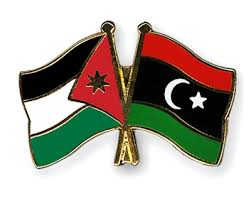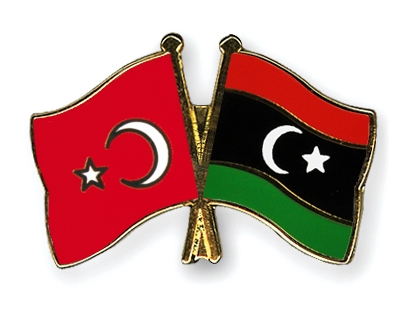By Libya Herald reporter.
Tunis, 24 January 2017:
The Libyan Dialogue team meeting in Hammamet has agreed in principle to a number of amendments to the Libyan Political Agreement (LPA), although no official decision has been made because there was no House of Representatives (HoR) delegation attending the discussions.
Under the new proposals, a new three-man Presidency Council (PC) with a head and two deputies, separate from the government, would replace the current unwieldy nine-man PC. A different prime minister would be appointed.
Additionally, a new military council would be formed comprising the heads of the PC, HoR and the State Council, the Dialogue team said in a statement.
The State Council would also in future comprise all those elected to the former legislative authority, the General National Congress, in July 2012. Replacements would not be acceptable unless they replaced originally elected members who had died or resigned.
The Libya Dialogue also requested a delegation from the HoR join them at their next meeting so that the changes could formally agreed.
It is not clear if this will happen.
Following yesterday’s heated HoR debate on the dialogue in Tobruk, which ended up being suspended by HoR president Ageela Saleh, the session has now been delayed until next Monday. However, according to HoR sources, members are in general agreement that a dialogue committee of 12 people should be created – four each from Tripolitania, Cyrenaica and Fezzan.
The same sources say that instead of collaborating with the Libya Dialogue team, members of the committee would work directly with those from the State Council. In effect, they would bypass the Libya Dialogue team.
Despite the HoR holdout, international figures voiced their approval of the proceedings in Hammamet.
UN special envoy Martin Kobler, who was not present, described the events of the last few days as “informal consultations” and commended dialogue members over their “concrete suggestions” on how to move the political process forward.
“I welcome the principles of Libyan ownership and inclusivity. (I) call on all parties to fulfil their obligations under the Libyan Political Dialogue,” he said on social media.
British Ambassador Peter Millett also expressed optimism describing the communiqué as an “important step toward ending (the) political impasse.”









